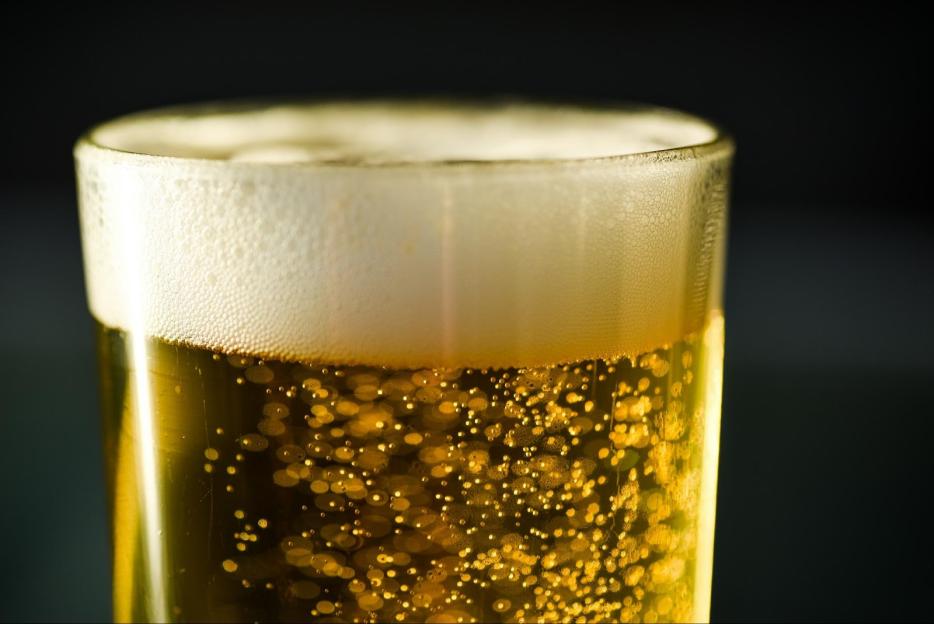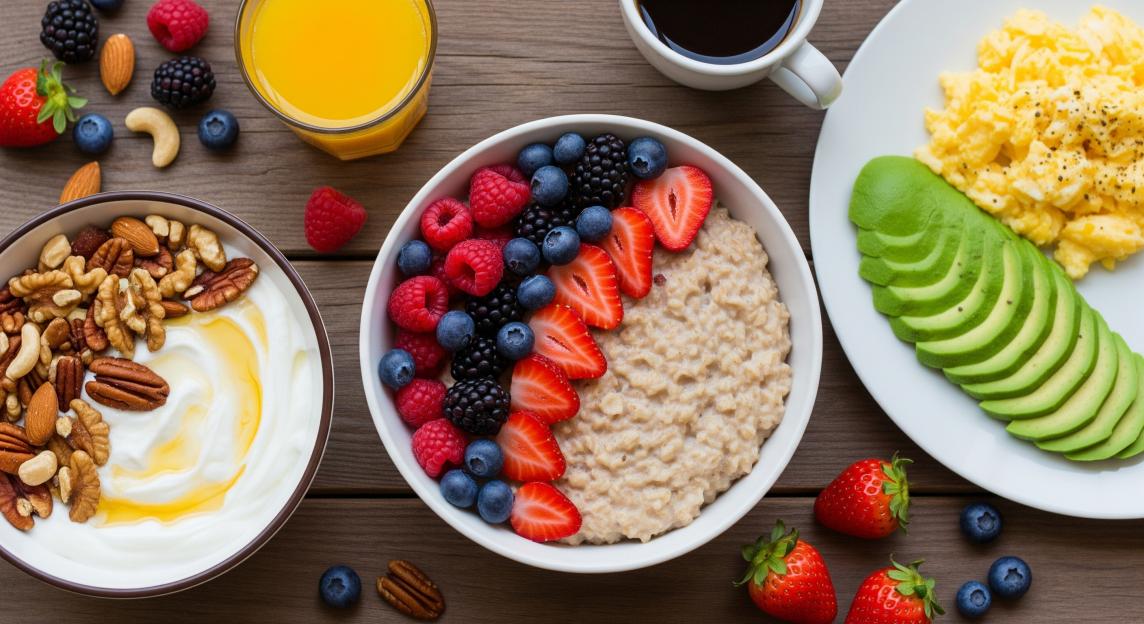Key Takeaways
- Soda water does NOT directly “flush out” fat from your body
- Plain soda water can support weight management as a zero-calorie beverage alternative
- Carbonation may increase feelings of fullness, potentially reducing calorie intake
- Excessive consumption can cause bloating and dental concerns
- Weight loss requires a comprehensive approach: balanced diet, exercise, and lifestyle changes
Introduction: Debunking the “Fat Flushing” Myth
If you’ve heard that drinking one glass of soda water can magically “flush out fat” from your body, you’re not alone. This persistent myth has circulated on social media and wellness blogs for years. But what does science actually say about soda water and weight loss?
In this evidence-based guide, we’ll explore the real relationship between carbonated water and weight management, separating fact from fiction while providing practical advice you can actually use.
What Is Soda Water and How Does It Differ From Other Beverages?
Understanding Soda Water
Soda water, also known as carbonated water or sparkling water, is simply water that has been infused with carbon dioxide gas under pressure. This process creates those characteristic bubbles and gives the water a slightly acidic pH (around 3-4).
Types of Carbonated Water
Not all bubbly waters are created equal:
- Club Soda: Contains added minerals like sodium bicarbonate, sodium citrate, or potassium sulfate
- Sparkling Mineral Water: Naturally carbonated from underground springs, contains natural minerals
- Seltzer Water: Pure water with added carbonation, no minerals added
- Tonic Water: Contains added sugar and quinine (avoid for weight loss purposes)
Important: For weight management, choose plain varieties without added sugars, artificial sweeteners, or excessive sodium.
The Science: Why Soda Water Doesn’t “Flush Out” Fat
How Fat Loss Actually Works
Fat loss is a complex metabolic process that involves:
- Caloric Deficit: Consuming fewer calories than your body burns
- Lipolysis: The breakdown of stored fat cells for energy
- Metabolic Processes: Multiple organ systems working together
According to the Centers for Disease Control and Prevention (CDC), sustainable weight loss occurs at 1-2 pounds per week through consistent lifestyle changes—not quick fixes or “flushing” mechanisms.
The Truth About “Fat Flushing”
The concept of “flushing out fat” is scientifically inaccurate. Here’s why:
- Fat cells (adipocytes) store energy in the form of triglycerides
- When you’re in a caloric deficit, these triglycerides are broken down through complex enzymatic processes
- The byproducts are primarily expelled through breathing (as CO2) and urine (as water)
- No beverage can physically “flush” intact fat from your body
How Soda Water Can Support Weight Management
While soda water won’t directly burn fat, it can be a helpful tool in your weight management strategy:
1. Zero-Calorie Hydration
Plain soda water contains:
- 0 calories
- 0 grams of sugar
- 0 grams of fat
Replacing just one 12-ounce regular soda (140 calories) with soda water daily could save you nearly 1,000 calories per week.
2. Enhanced Satiety
Research published in the Journal of Nutritional Science and Vitaminology found that carbonated water may increase feelings of fullness more than still water. The mechanism involves:
- CO2 bubbles creating physical stomach distension
- Activation of stretch receptors signaling fullness
- Potential delayed gastric emptying
3. Improved Hydration Compliance
Some people find plain water boring. If soda water helps you drink more fluids throughout the day, it can:
- Support metabolic functions
- Aid in appetite regulation
- Help distinguish between hunger and thirst
4. Behavioral Substitution
For many, the ritual of opening a can or bottle satisfies a psychological craving. Soda water can serve as a healthier substitute for:
- Sugary sodas
- Alcoholic beverages
- High-calorie coffee drinks
Potential Benefits Beyond Weight Loss
Digestive Health
Studies have shown carbonated water may:
- Improve swallowing ability in both young and elderly adults
- Relieve constipation symptoms in some individuals
- Reduce indigestion symptoms
Exercise Performance
Proper hydration with any water source, including soda water:
- Maintains blood volume during exercise
- Regulates body temperature
- Supports nutrient transport to muscles
Potential Drawbacks and Considerations
Dental Health Concerns
While less acidic than sugary sodas, carbonated water’s pH of 3-4 can potentially:
- Erode tooth enamel with excessive consumption
- Increase cavity risk if consumed frequently throughout the day
Protective measures:
- Drink through a straw
- Rinse with plain water afterward
- Wait 30-60 minutes before brushing teeth
Digestive Issues
Some individuals may experience:
- Bloating and gas
- Increased burping
- Aggravation of IBS symptoms
- Potential acid reflux triggers
Hidden Additives to Avoid
Check labels for:
- Added sugars or artificial sweeteners
- Excessive sodium (especially in club soda)
- Artificial flavors or colors
- Citric acid (increases erosive potential)
Evidence-Based Recommendations for Weight Loss
Daily Intake Guidelines
- General recommendation: 2-3 glasses of plain soda water per day maximum
- Hydration balance: Ensure at least 50% of fluid intake is still water
- Timing: Avoid immediately before or during meals if prone to bloating
Comprehensive Weight Loss Strategy
According to the National Institute of Diabetes and Digestive and Kidney Diseases (NIDDK), effective weight loss requires:
- Caloric Deficit: Reduce daily intake by 500-750 calories
- Physical Activity: 150-300 minutes of moderate exercise weekly
- Behavioral Changes: Mindful eating, stress management, adequate sleep
- Hydration: 8-10 glasses of water daily (can include some soda water)
Smart Substitution Strategy
Replace these beverages with soda water:
| Instead of… | Calories Saved | Weekly Savings |
|---|---|---|
| Regular Soda (12 oz) | 140 | 980 calories |
| Orange Juice (8 oz) | 110 | 770 calories |
| Sweet Tea (12 oz) | 120 | 840 calories |
| Sports Drink (20 oz) | 140 | 980 calories |
Practical Tips for Incorporating Soda Water
Making It More Appealing
- Natural Flavor Additions (no calories):
- Fresh lemon or lime wedges
- Cucumber slices
- Fresh mint leaves
- Frozen berries (as ice cubes)
- Temperature Matters:
- Serve very cold for maximum satisfaction
- Use in ice cube trays for extra fizz
- Mindful Consumption:
- Sip slowly to maximize satiety
- Use as a pre-meal appetite suppressant
- Keep readily available as a soda alternative
When to Consult a Healthcare Provider
Speak with a healthcare professional if you:
- Have chronic digestive issues (IBS, GERD)
- Are on a sodium-restricted diet
- Experience persistent bloating or discomfort
- Have concerns about tooth enamel erosion
- Need personalized weight loss guidance
The Bottom Line: A Tool, Not a Solution
Soda water can be a valuable addition to a weight management plan, but it’s not a magic bullet. The real “secret” to weight loss remains unchanged:
✅ DO: Use soda water as a zero-calorie beverage alternative
✅ DO: Combine with a balanced diet and regular exercise
✅ DO: Monitor your body’s response and adjust intake accordingly
❌ DON’T: Expect soda water alone to cause weight loss
❌ DON’T: Replace all plain water with carbonated varieties
❌ DON’T: Ignore potential dental or digestive concerns
Conclusion
While the myth of soda water “flushing out fat” is exactly that—a myth—carbonated water can still play a supportive role in weight management. By replacing high-calorie beverages, potentially increasing satiety, and helping you stay hydrated, plain soda water can be one tool in your comprehensive weight loss strategy.
Remember: sustainable weight loss comes from consistent lifestyle changes, not quick fixes. Use soda water wisely as part of a balanced approach to health and wellness.
Medical Disclaimer: This article is for informational purposes only and should not replace professional medical advice. Always consult with a qualified healthcare provider before making significant changes to your diet or starting a weight loss program.
About This Article: This content was developed using evidence-based research from peer-reviewed journals, government health organizations, and medical institutions. All health claims have been verified against current scientific consensus.
References
- Centers for Disease Control and Prevention. (2024). “Healthy Weight Loss.” CDC.gov
- National Institute of Diabetes and Digestive and Kidney Diseases. (2024). “Choosing a Safe and Successful Weight-loss Program.” NIDDK.nih.gov
- Journal of Nutritional Science and Vitaminology. “Effects of Carbonated Water on Gastric Emptying and Satiety.”
- American Dental Association. “The pH of Beverages and Dental Health.”
- Harvard T.H. Chan School of Public Health. “The Nutrition Source: Water and Hydration.”






